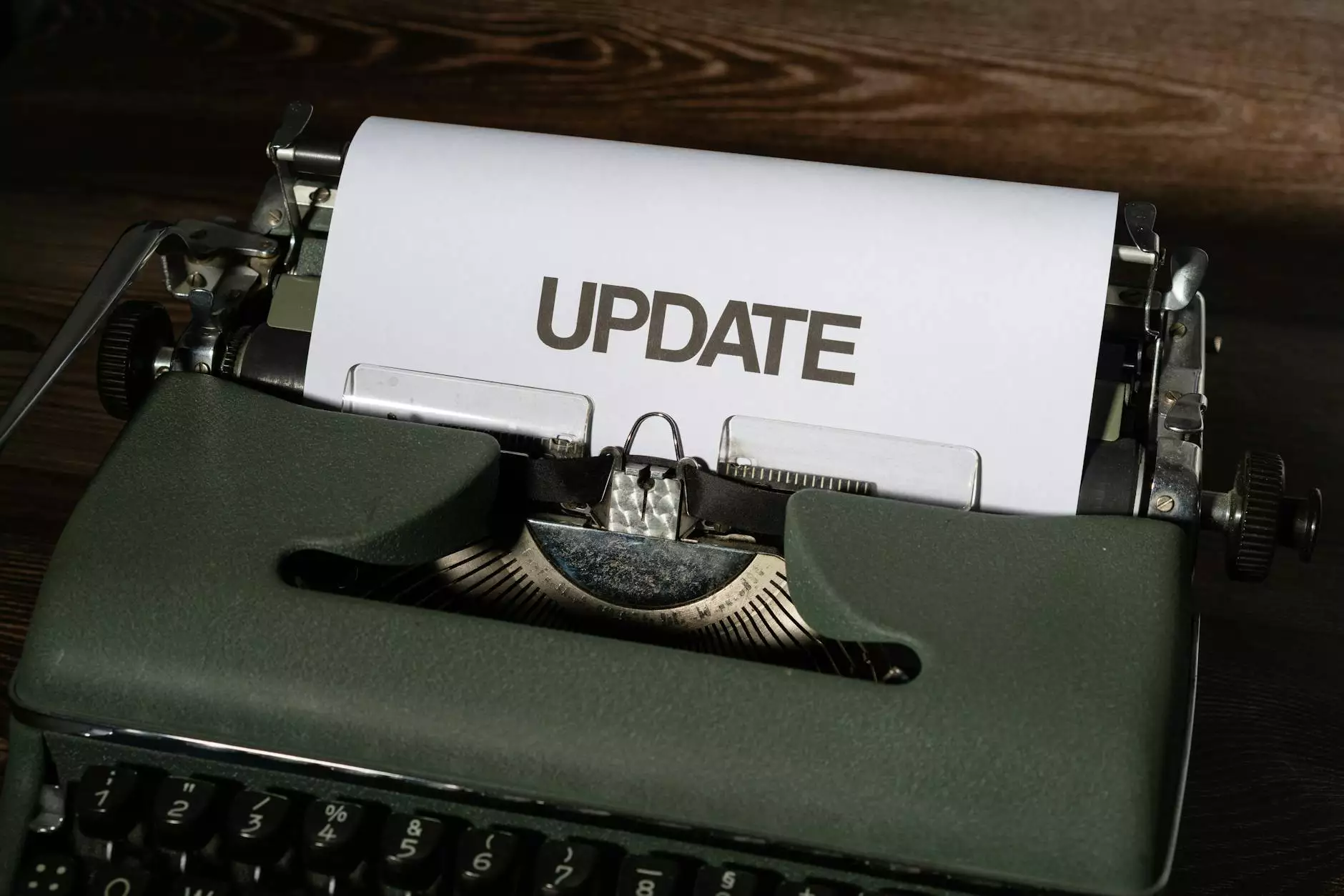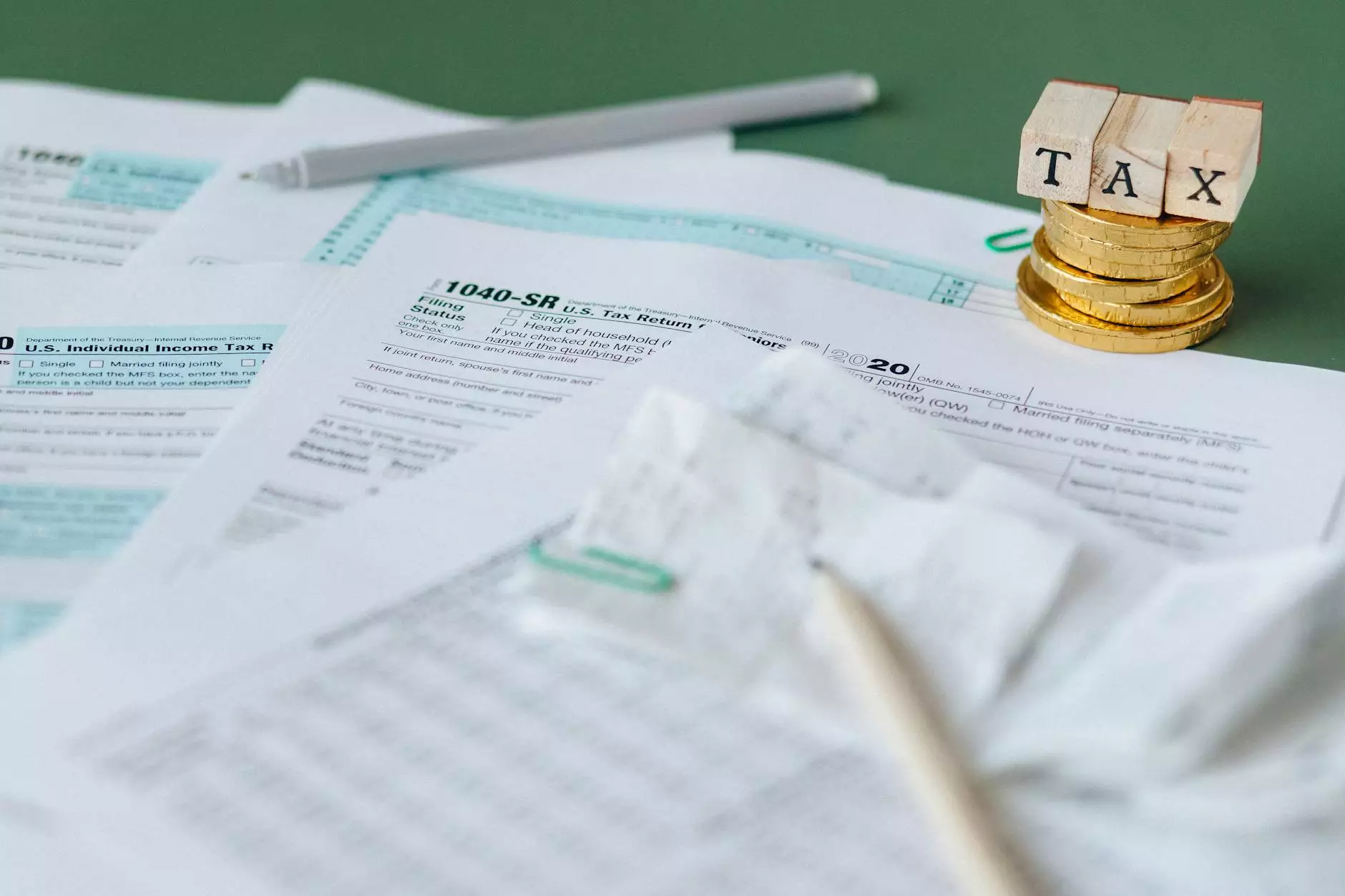Failure to File EEOC Charge Does Not Automatically Bar Title VII Claims, Supreme Court Says

Welcome to Richardson Law Firm PC, your trusted source for comprehensive legal services. In this article, we will provide you with valuable insights into the recent Supreme Court ruling that addresses the issue of whether the failure to file an EEOC charge automatically bars Title VII claims. Understanding your rights and the legal implications involved is crucial in safeguarding your interests, and we are here to guide you through the process.
The Importance of Filing an EEOC Charge
Before delving into the Supreme Court ruling, it's essential to understand the significance of filing an EEOC charge. The Equal Employment Opportunity Commission (EEOC) is responsible for enforcing federal laws that prohibit workplace discrimination. Filing an EEOC charge is the first step in initiating legal action against an employer for violating Title VII of the Civil Rights Act.
However, many individuals mistakenly believe that the failure to file an EEOC charge automatically bars their Title VII claims. Fortunately, the recent Supreme Court ruling sheds light on this misconception, providing clarity and protecting employees from potential injustice.
The Supreme Court Ruling
In a landmark decision, the Supreme Court clarified that the failure to file an EEOC charge does not automatically bar individuals from pursuing Title VII claims. The case in question involved an employee who filed a federal lawsuit alleging that their employer had engaged in unlawful retaliation. The employer argued that the employee's claims should be dismissed because they had not initially filed an EEOC charge.
The Supreme Court, however, disagreed with the employer's argument and emphasized that Title VII's charge-filing requirement is not a jurisdictional prerequisite to filing a lawsuit. The Court stated that the requirement is instead a procedural rule designed to allow the EEOC an opportunity to investigate the discrimination claim before litigation ensues.
This ruling has significant implications for employees who may unintentionally fail to file an EEOC charge within the specified timeframe or miss the filing altogether. It ensures that such individuals are not automatically barred from pursuing their Title VII claims, as each case will be evaluated based on its unique circumstances.
Your Rights and Legal Recourse
At Richardson Law Firm PC, we understand the complex nature of employment law and the challenges individuals face when dealing with workplace discrimination. Our team of experienced attorneys is dedicated to protecting your rights and providing you with the best legal representation possible.
If you believe you have been subjected to workplace discrimination, it is crucial to consult with an attorney as soon as possible. They will guide you through the process of filing an EEOC charge and subsequently pursuing your Title VII claims. Remember that failing to file an EEOC charge does not automatically bar you from seeking justice under Title VII – the Supreme Court ruling ensures that your case will be evaluated on its merits.
Contact Richardson Law Firm PC
For expert legal advice and representation in employment law matters, Richardson Law Firm PC is here to assist you. We have a proven track record of success in handling Title VII claims and a deep understanding of the Supreme Court's recent ruling. Our team will fight for your rights and work tirelessly to ensure you receive the justice you deserve.
Contact us today for a consultation and take the first step toward protecting your rights in the workplace.









